For the first time, the MAJORITY of UKRAINIANS support an immediate negotiated end to the conflict with Russia
In a surprising shift in public opinion, recent surveys have shown that for the first time, a majority of Ukrainians support an immediate negotiated end to the ongoing conflict with Russia. This shift marks a significant change in the national sentiment, as many Ukrainians had previously been staunchly in favor of continuing the fight against Russian aggression. As the war enters its second year, this change in opinion raises important questions about the future of Ukraine’s resistance and the broader geopolitical landscape in Eastern Europe.
The context behind the shift in opinion
The ongoing war between Ukraine and Russia has been devastating for both sides, with heavy casualties, widespread destruction, and a growing humanitarian crisis. Since Russia’s invasion of Ukraine in February 2022, the Ukrainian government, led by President Volodymyr Zelenskyy, has insisted on continuing the fight until Ukraine regains control of all its territory, including Crimea, which was annexed by Russia in 2014.
However, the war has caused significant strain on the Ukrainian population. Over the months, the economic toll, the destruction of infrastructure, and the constant threat of violence have weighed heavily on the public. This has led many Ukrainians to question the long-term viability of continuing the war and whether a negotiated peace might be a better path forward. The shift in public opinion reflects the broader fatigue that comes with prolonged conflict and the devastating effects on daily life.
What the surveys show
According to recent surveys, over 50% of Ukrainians now support an immediate negotiated settlement to the conflict, a stark contrast to previous polling that showed strong support for continuing the war until victory is achieved. This shift in public opinion comes as Ukrainians have faced months of economic hardship, loss of life, and widespread displacement.
The polls also show that while there is still a significant portion of the population who believes that Ukraine should continue fighting for territorial integrity, the number of those supporting peace talks has steadily risen in recent months. These results indicate a growing sense of pragmatism among Ukrainians, as many begin to reconsider the cost of ongoing conflict versus the potential benefits of a negotiated resolution.
The role of the global community
The international community has played a significant role in the conflict, with many Western countries, including the United States and European Union members, providing substantial military and financial aid to Ukraine. However, there is growing concern about the sustainability of this support, particularly as the war drags on. While the U.S. and NATO have been steadfast in their support for Ukraine, the rising costs of the war, both in terms of human lives and economic resources, are beginning to strain international backing.
In addition, pressure is mounting on leaders to explore diplomatic solutions. As the majority of Ukrainians express a desire for peace talks, international actors may play a crucial role in facilitating negotiations between Kyiv and Moscow. The growing support for a negotiated end to the conflict may encourage more global efforts to mediate and find a resolution to the war, though the path to peace remains fraught with challenges.
Public fatigue and war exhaustion
One of the primary drivers behind the shift in opinion is the growing sense of fatigue and exhaustion among the Ukrainian people. The conflict has taken an immense toll on civilians, with millions displaced and entire cities destroyed by Russian airstrikes and ground assaults. Many Ukrainians are grappling with the emotional and psychological impacts of the war, as well as the uncertainty about the future.
With no clear end in sight and little progress on the battlefield, many are questioning the sustainability of continued fighting. While Ukrainian forces have achieved significant military victories and pushed Russian forces back in certain regions, the overall war continues to ravage the country. Public fatigue is common in prolonged conflicts, and Ukrainians are now beginning to grapple with the difficult decision of whether peace talks might be the most pragmatic way forward.
The challenges of negotiating with Russia
While the public sentiment in Ukraine is shifting toward supporting peace talks, the challenge remains: negotiating with Russia. Moscow’s stance on the conflict has remained unwavering, with President Vladimir Putin continuing to insist on Ukraine’s recognition of Russia’s annexation of Crimea and other territorial demands. For Ukraine, agreeing to such terms would be seen as a betrayal of its sovereignty and territorial integrity.
This mismatch in goals presents a significant obstacle to peace talks. Ukraine has made it clear that any peace settlement must include Russia’s withdrawal from all occupied territories, including Crimea and the Donbas region, which have been partially controlled by Russian-backed separatists since 2014. Russia, on the other hand, demands that Ukraine accept its territorial claims and recognize its control over these regions.
The diplomatic gap between the two nations remains vast, and while the majority of Ukrainians now support a negotiated settlement, the terms of such a settlement remain elusive.
How this shift affects Ukraine’s leadership
For President Zelenskyy, this shift in public opinion represents both a challenge and an opportunity. While Zelenskyy has been a symbol of resistance and unity for Ukraine, his leadership will now be tested by the growing calls for peace talks. As the voice of the Ukrainian people, he must balance the desire for peace with the need to maintain national pride and territorial sovereignty.
Zelenskyy has repeatedly said that Ukraine will not accept peace on Russia’s terms and has been adamant about continuing the fight for Ukraine’s independence. However, as public opinion continues to shift, Zelenskyy may find himself under increasing pressure to explore diplomatic options, even if they involve difficult compromises. His ability to navigate this delicate balance will be critical to maintaining his political support and leading Ukraine toward a peaceful resolution.
The broader geopolitical implications
The shift in Ukrainian public opinion also has broader geopolitical implications. It could signal a shift in the dynamics of the conflict and alter the way that other nations approach their involvement in the war. The possibility of peace talks may prompt Western allies to reassess their support for Ukraine and its goals, especially if public sentiment continues to trend toward negotiations.
For Russia, a negotiated settlement could be seen as a victory, particularly if it results in Ukraine recognizing its territorial gains. However, it could also create divisions within Russia’s political elite, as hardliners may view any form of compromise as a betrayal of the country’s objectives in Ukraine. The internal dynamics within Russia will play a crucial role in determining whether peace talks are a viable path forward.
In Conclusion
The fact that the majority of Ukrainians now support an immediate negotiated end to the conflict with Russia marks a significant turning point in the war. Public opinion, which has long been firmly in favor of continuing the fight, is now evolving as the toll of the war becomes more apparent. While the path to peace remains unclear, this shift in sentiment will undoubtedly influence the direction of Ukraine’s future and the international efforts to bring about a resolution to the ongoing conflict. As the world watches, the possibility of a negotiated settlement may offer a glimmer of hope in an otherwise devastating and prolonged war.

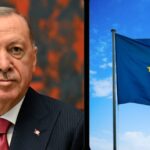
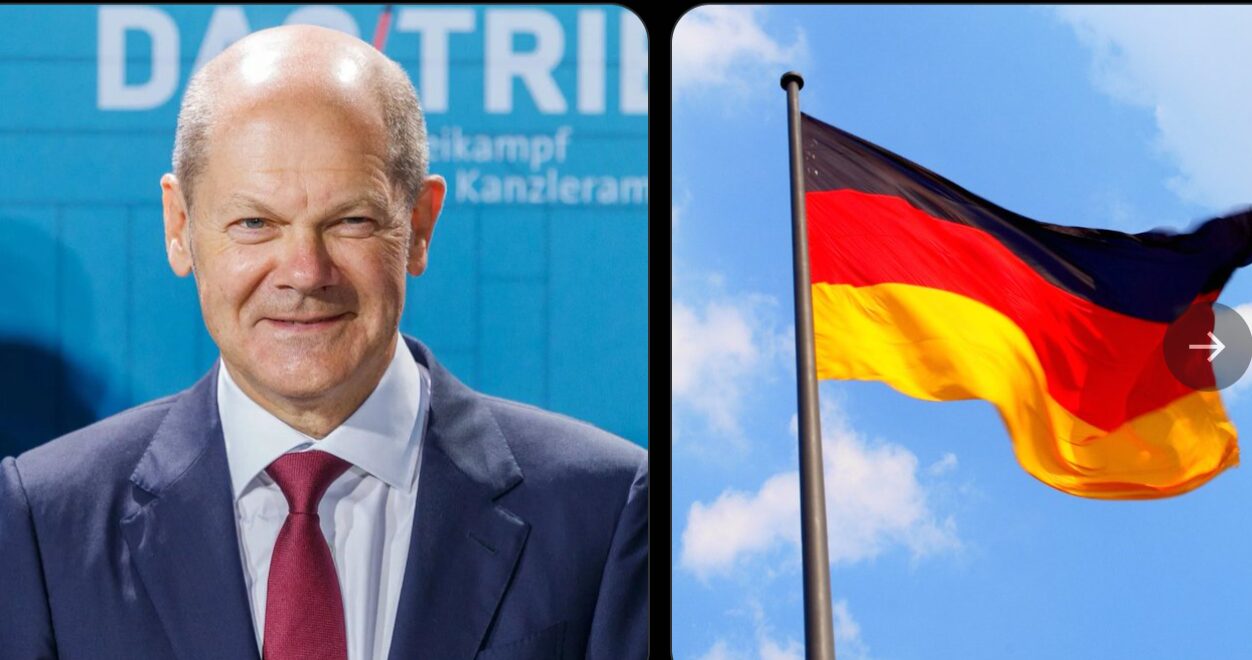

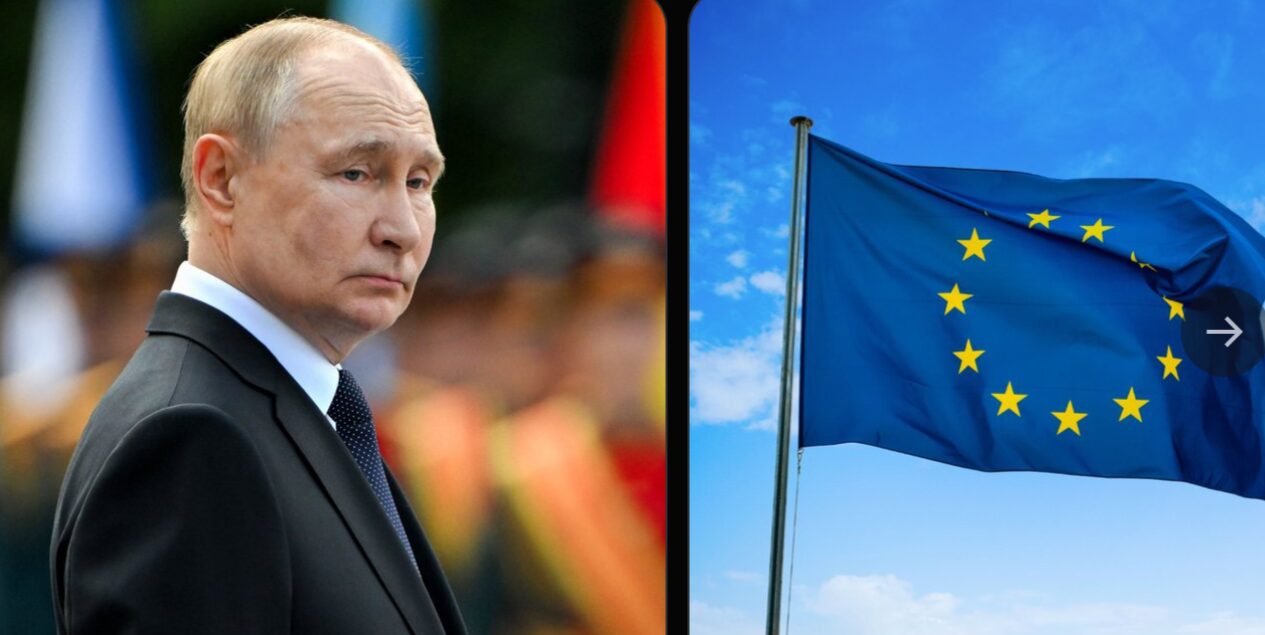
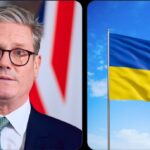
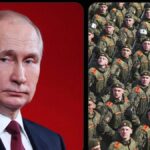
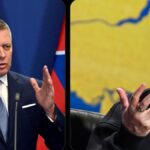
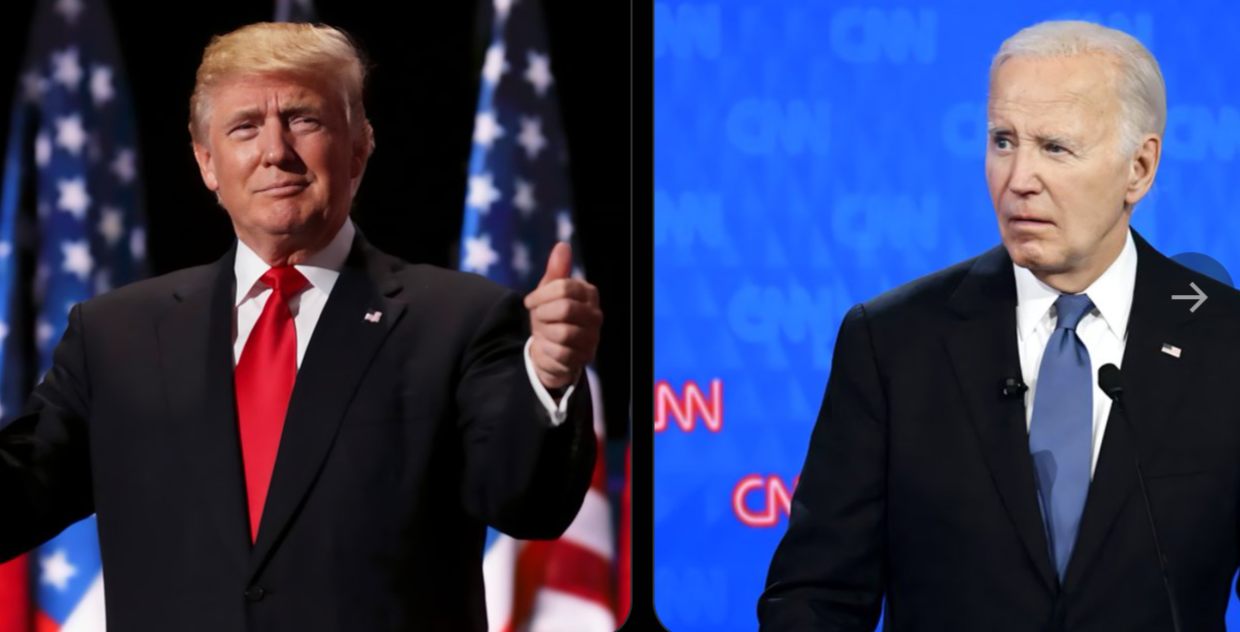


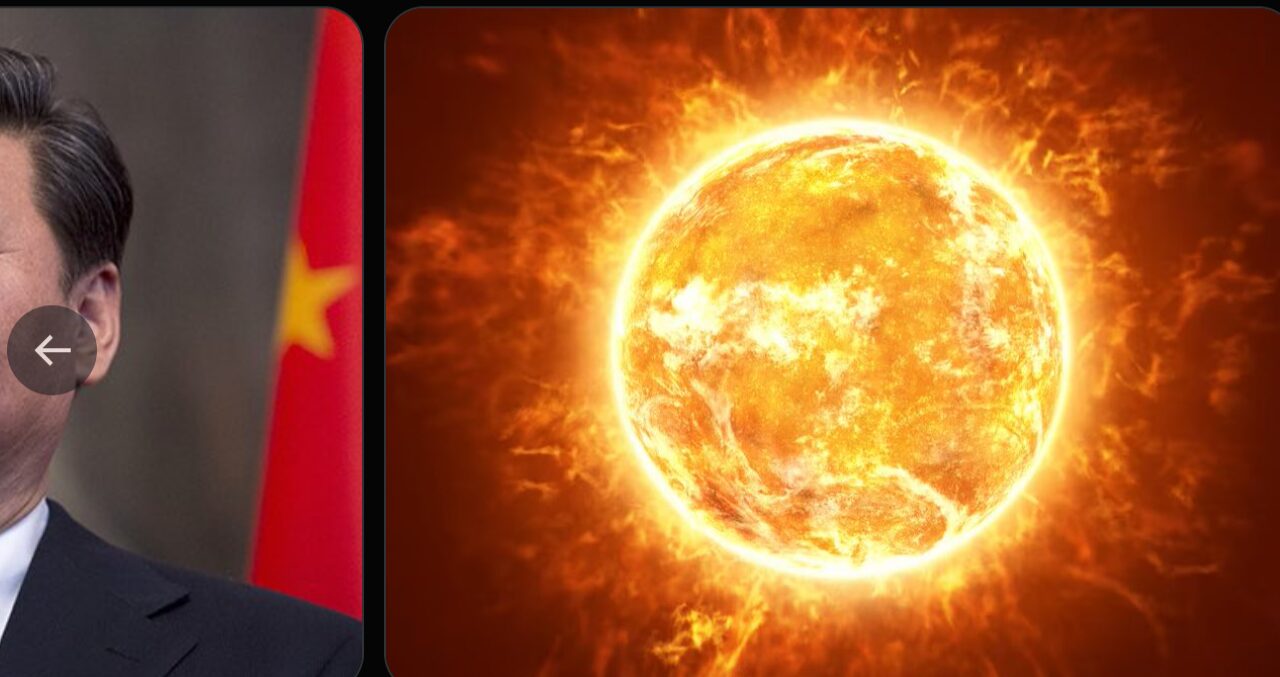





Post Comment